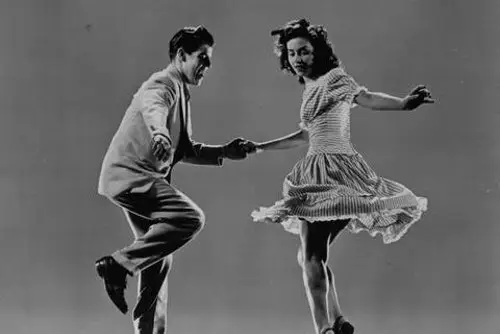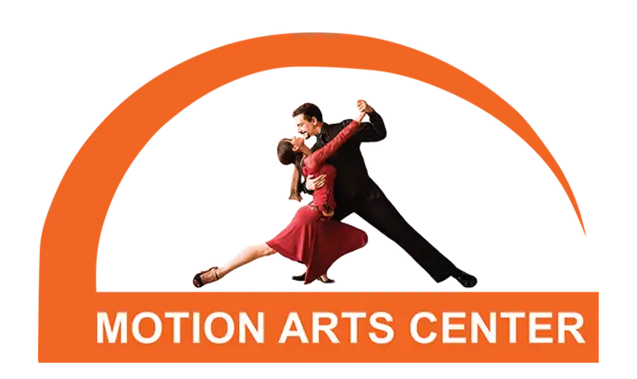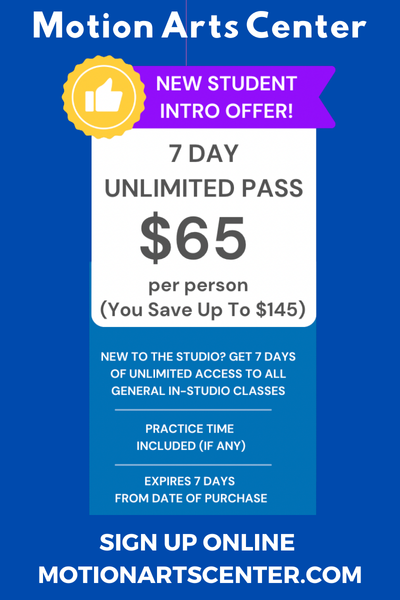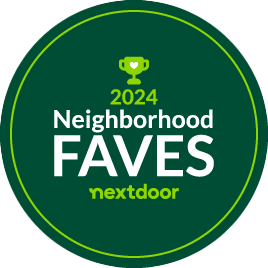
In the world of partner dances, few styles are as dynamic and versatile as West Coast Swing. Rooted in the rhythmic evolution of swing dances, this modern interpretation has captured the hearts of dancers around the globe. With its smooth and flowing movements, adaptability to various music genres, and emphasis on connection, West Coast Swing offers an exciting journey into the realms of music and movement. Let’s explore the captivating world of West Coast Swing and discover what makes it a favorite among dancers of all levels.
The Origins and Evolution
Born out of the lively swing dance scene of the 1940s, West Coast Swing took shape on the West Coast of the United States. It evolved as a sophisticated counterpart to the more energetic Lindy Hop and Jitterbug. Known for its intricate footwork, elegant style, and focus on musicality, West Coast Swing quickly gained popularity as a partner dance that could be enjoyed across a variety of music genres, from blues and R&B to contemporary pop.
Versatility in Music and Style
One of the defining features of West Coast Swing is its adaptability to a wide range of musical styles. Whether it’s a sultry blues tune, an upbeat pop track, or a classic jazz number, West Coast Swing can be seamlessly danced to the rhythm of virtually any song. This versatility adds a layer of creativity, allowing dancers to express their individual style while staying in sync with the music.
The Signature Connection
At the heart of West Coast Swing lies its emphasis on connection between partners. Unlike other partner dances, West Coast Swing has a unique elastic connection that allows for stretch and compression. This connection enables dancers to smoothly transition between open and closed positions, resulting in fluid and visually captivating movements. The interaction between leader and follower creates a conversation through dance, where partners intuitively respond to each other’s cues and energy.
The Art of Improvisation
West Coast Swing’s structure encourages improvisation and creativity. Dancers are free to interpret the music in their own way, adding their personal flair to the dance. The ability to improvise and adapt makes each dance a unique experience, both for the dancers themselves and for those who are fortunate enough to watch.
Learning West Coast Swing
While West Coast Swing offers a myriad of possibilities for expression, learning the dance is an enjoyable and rewarding process. From mastering the foundational footwork patterns to understanding the nuances of connection and musicality, taking West Coast Swing classes offers dancers the tools they need to confidently navigate the dance floor.
Conclusion
West Coast Swing is a celebration of music, movement, and human connection. Its adaptability, style, and emphasis on communication make it a dance that transcends boundaries and generations. Whether you’re a seasoned dancer looking to expand your repertoire or a beginner eager to embrace the world of partner dances, West Coast Swing offers a journey filled with elegance, creativity, and joy. So, step onto the dance floor, embrace the rhythm, and let the magic of West Coast Swing lead the way.











